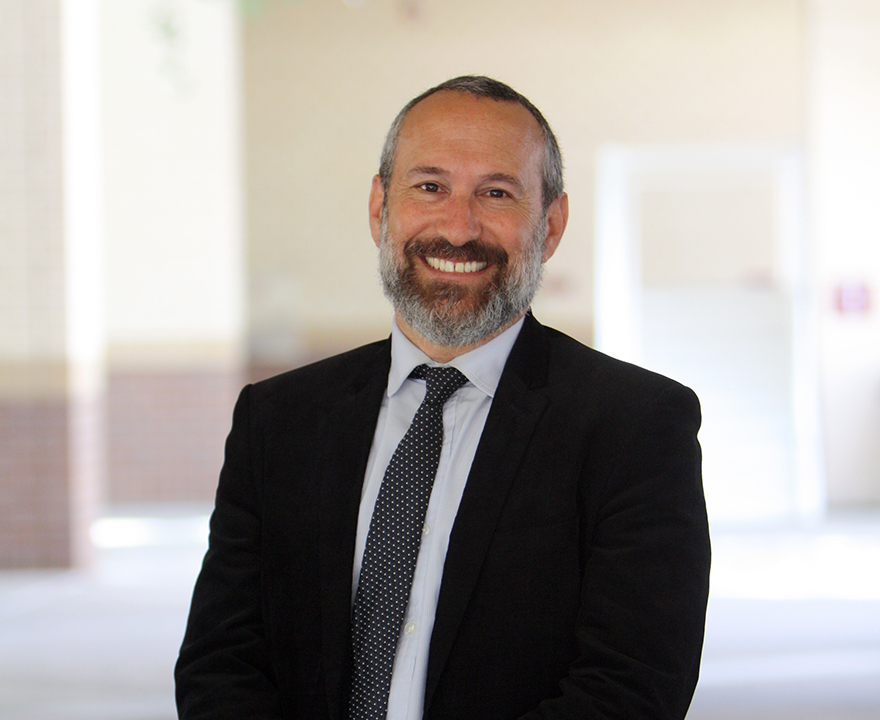New faculty feature: Justin Richland

New faculty feature: Justin Richland
- September 15, 2018
- Associate Professor, Anthropology | Ph.D., UCLA and J.D., UC Berkeley
Expertise: legal discourse analysis and semiotics; anthropology of law; contemporary Native American law, politics, art and ethnographic museology
Justin Richland, associate professor of anthropology, studies Native American law and politics in the contemporary moment – particularly the interface between tribal nations in the U.S. and the U.S. federal and state governments.
In 2014, he was appointed Adjunct Curator of North American Anthropology at the Field Museum of Natural History and in 2015 he was appointed to his second term of service by the Hopi Tribal Government as Associate Justice of the Hopi Appellate Court. From 2006-09 he served as Justice Pro Tempore. In 2016, he became a member of the research faculty of the American Bar Foundation. His publications have appeared in several leading peer-reviewed outlets, including most recently in the Annual Review of Anthropology, Law and Social Inquiry, and the Maryland Journal of International Law. He has authored two books, Arguing with Tradition: The Language of Law in Hopi Tribal Court (U. Chicago Press, 2008) and Introduction to Tribal Legal Studies (with Sarah Deer), 3rd Edition, (Alta Mira Press, 2015). In addition to his scholarship and advocacy, he also co-curated an exhibition of the art of Rhonda Holy Bear and Chris Pappan, two contemporary Native American artists, which opened at the Field Museum of Chicago in November 2016. He was named a J.S. Guggenheim Fellow in April 2016.
Richland earned his J.D. at UC Berkeley and his Ph.D. at UCLA. From 2005-11, he was a professor in the Department of Criminology, Law and Society at UC Irvine. He left California for the University of Chicago (2011-18) and is excited about being back home on the West Coast where he joins a vibrant community of law and social sciences scholars. He’s also looking forward to reaching the campus’s large population of first generation college students and hopes to open more opportunities for professional degrees and interests in native North America.
Share on:


connect with us: